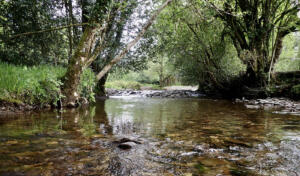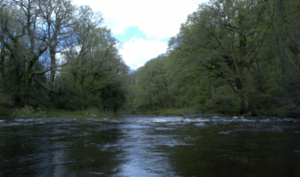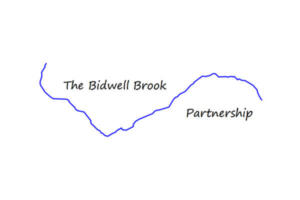
Grants
River Restoration
Bidwell Brook Living Lab
£7,397 awarded
Project Dates: 01.11.25 to 01.11.26
The Bidwell Brook is not alone in experiencing elevated levels of fine sediment pollution, which degrades aquatic habitats, reduces water quality, and impacts biodiversity. This project aims to combat fine sediment pollution and create a baseline for stream invertebrates in the Bidwell Brook catchment, a tributary of the River Dart, by training local citizen scientists. These volunteers will use high-quality turbidity meters to measure pollution during heavy rainfall and assess stream invertebrate populations to establish a baseline.
The initiative seeks to inform evidence-based land management strategies, improve water quality, and protect aquatic ecosystems – serving as a transferable model for other catchments.
Objectives:
The Bidwell Living Laboratory (BLL) isa programme of the Bidwell Brook Partnership (BBP), a community-led organisation committed to protecting and enhancing the Bidwell Brook catchment. The project forms part of a larger joint investigation with the University of Plymouth to identify and quantify pollution sources and inform targeted interventions. The data collected will enable precise, evidence-based land management strategies to reduce sediment inputs, enhance water quality, and protect aquatic ecosystems.
Methodology:
The project’s approach brings together academic research, citizen engagement, and practical land management to generate scalable, real-world environmental solutions. The methodology is twofold: (1) measure fine sediment pollution across the Bidwell Brook catchment during high-intensity rainfall events using high-quality turbidity meters and, (2) assess stream invertebrate populations to create a baseline for monitoring the impact of interventions.
Image credits: Bidwell Brook Partnership.



